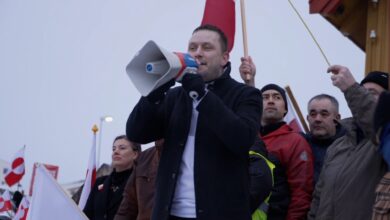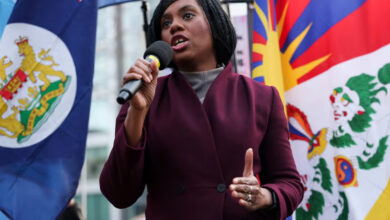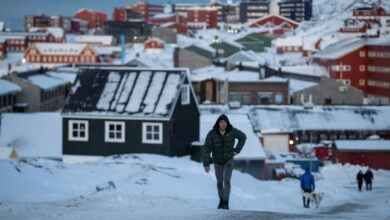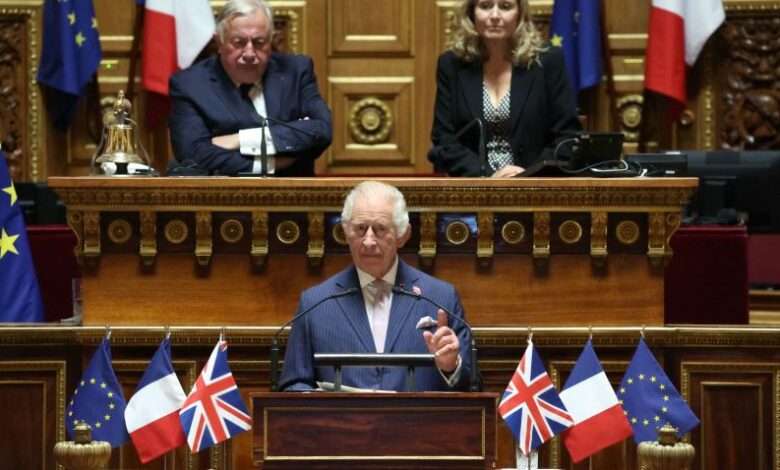
While in Bordeaux, a region with deep historical ties to Britain, the couple toured a Royal Navy frigate, met local business owners and learned about the devastating impact of last year’s wildfires.
Outside of Paris, Bordeaux was one of the worst-affected cities when major protests over pension reforms erupted six months ago, leading to the postponement of the royal visit. Charles and Camilla instead flew to Germany for the first overseas trip of his reign.
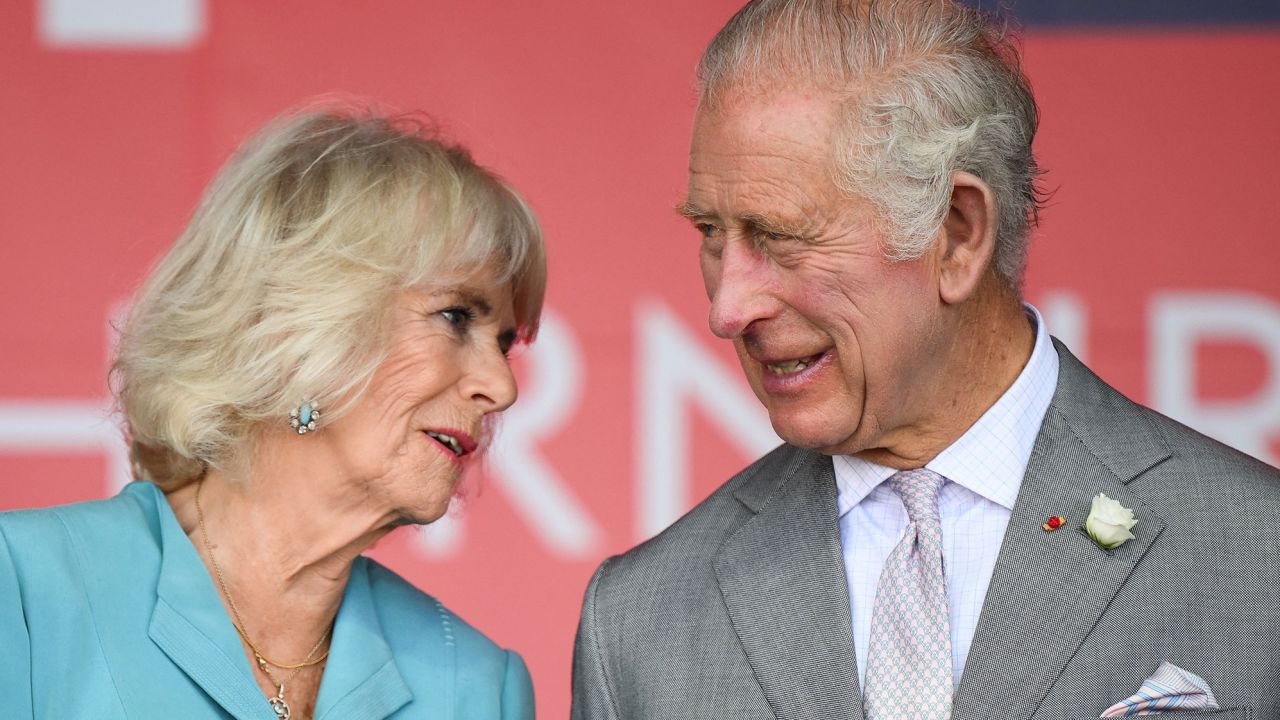
It’s been a successful few days for the British monarch and his wife. The King and Queen were greeted by their French hosts at Paris’ Arc de Triomphe on Wednesday in an extravagant display of pageantry, complete with a symbolic lighting ceremony and theatrical flypast.
The King and President Emmanuel Macron appeared at ease with each other. Their body language was comfortable and tactile, with signs of a genuinely warm friendship.
A highlight of the visit will no doubt be Charles’ speech Thursday at the French senate, housed at the magnificent Palais du Luxembourg. To make an address from the floor of the upper house of the French parliament is a rare honor afforded to few heads of state, but it was a crowd-pleaser.
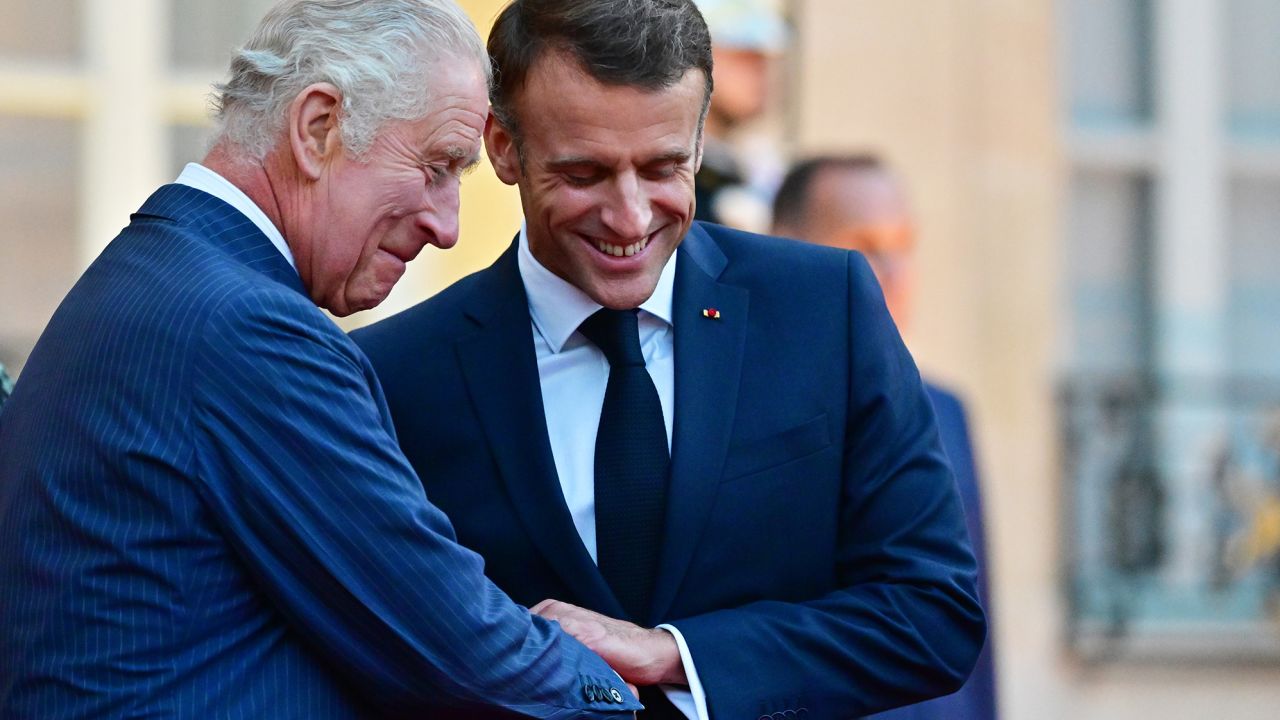
A buzz of excitement hung in the air long before the 74-year-old monarch was ushered into the gilded room. And despite the address coming during a parliamentary recess, delighted lawmakers returned a week early to fill the chamber.
It was a big moment, but Charles did not disappoint. He delivered a large part of the speech in French and repeatedly returned to the trip’s central theme of underscoring the deep historical ties between the two allies.
After all, Charles is here at the request of the UK government, and while it would have had final approval over the messaging, the monarch’s fingerprints on the speech were plain. His predecessors might have simply read remarks provided to them, but this monarch is more involved in the process.
The King cracked a few jokes – though not as many as when he spoke at Berlin’s Bundestag in March – and deployed his strongest language while reiterating his “resolute solidarity” with the Ukrainian people against Russia’s “unprovoked aggression” and highlighting the “existential challenge” of the climate crisis.
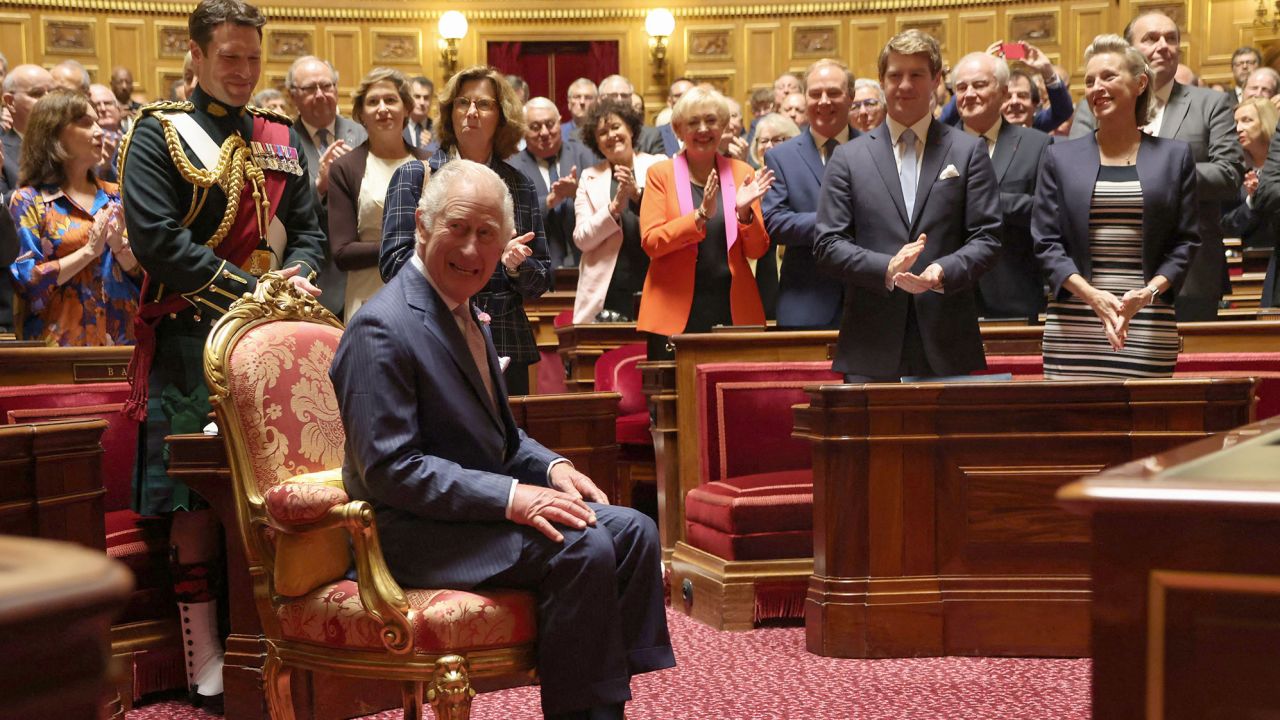
It ended with a lengthy standing ovation from politicians. Charles almost seemed not to know what to do with himself as his words went down far better than perhaps even he expected, and he couldn’t sit down until the applause was over.
Another element that looks likely to become a staple of state visits from King Charles is the focus on green issues. In both this trip and his visit to Germany, conservation, sustainability and other environmental engagements featured heavily in his busy schedule.
While royal trips are routinely tailored to the individual, some may have thought that would end for Charles when he became sovereign. Instead, he’s leaning into their inclusion – his way of keeping the spotlight on causes he cares about but within the constraints of his new role.
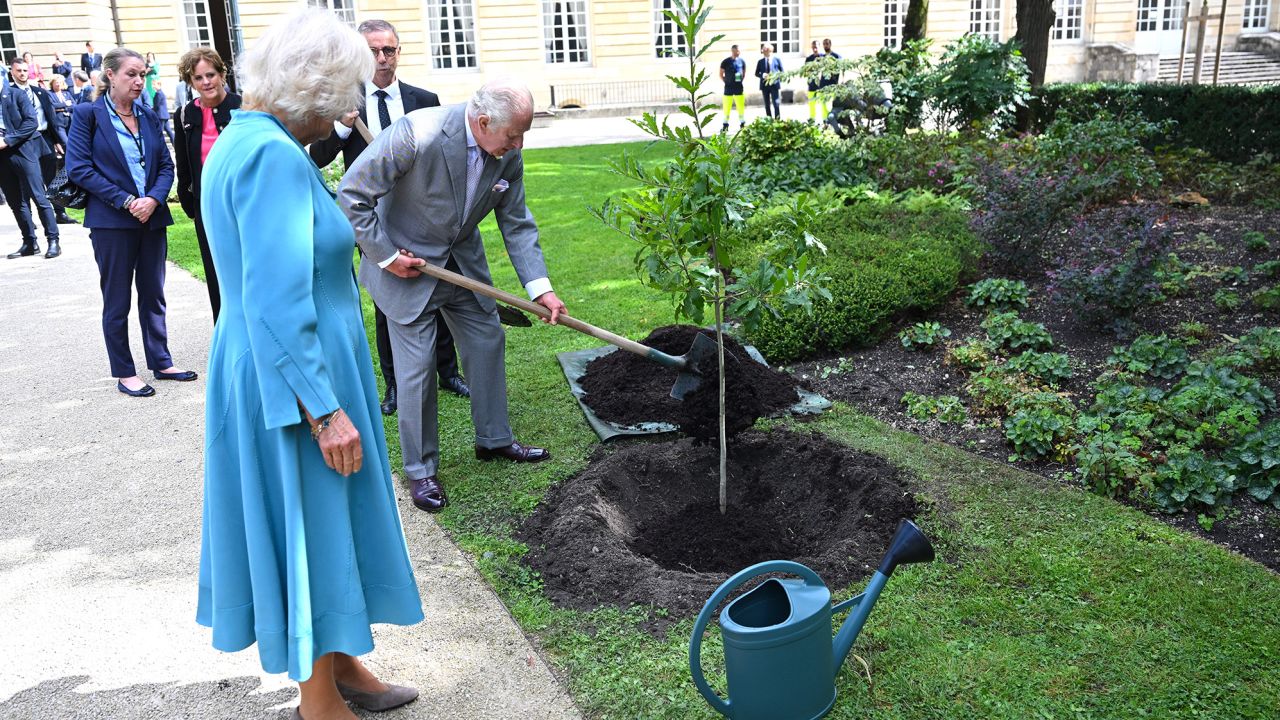
The King faced criticism from some quarters Friday for flying between Paris and Bordeaux, as some short-haul flights are prohibited in France in a bid to reduce greenhouse gas emissions. However, palace officials said a plan to travel by train was changed for security reasons after leaks in local media.
Throughout the trip, French news broadcasters went into daily special programming, with their commentators dissecting every move in their hours-long coverage. The visit also dominated French newspaper front pages as articles highlighted how Charles was reinvigorating the French-UK relationship after years of divisive political episodes like Brexit.
After Charles’ inaugural state visit to France was interrupted at the 11th hour back in March, the palace as well as the governments on both sides of the Channel will be satisfied by how the royal tour has played out this time round.

